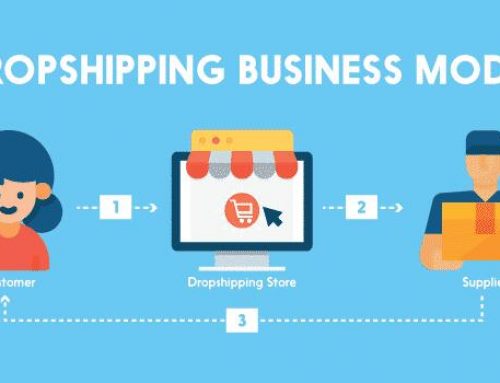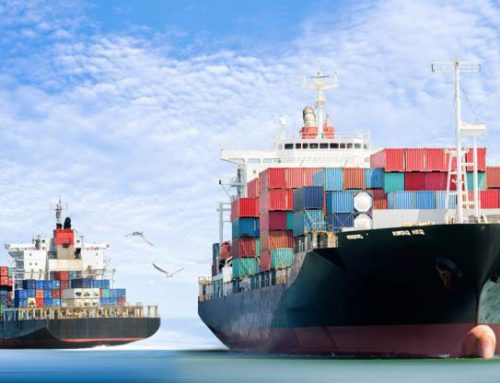How to beat China Freight peak season for import and export?
Chinese New Year (CNY) starts February 10th,2018, is your supply chain ready for it?
Each year, businesses are delayed due to CNY that weren’t taken into consideration when planning their production and delivery schedules. The holiday is officially a long event, but due to travel time and extended celebration – you can expect it to take away up to 3 weeks of your timelines. During this time, factories and major businesses in the region will be shut down and should anticipate radio silence until they return.
What You Should Do?
1. Prioritize Your Peak Freight Shipments
Approach peak shipping season with a clear forecast of what your peak retail season will look like. Use data from previous years to forecast sales and couple that with industry trends. This will help dictate what and how much you import.
Last, try to narrow down on what you’re shipping by focusing on the essentials. Instead of bringing in dozens of options of your product with unproven selling power, focus on your core business and core brands to ensure that you are not left with an abundance of containers that might delay your shipment and still be left unsold.
2. Keep eyes on your suppliers
Keep in contact with your suppliers over the next week and stay in the loop with your production status. Workers will be pushing to hit completion dates prior to the start of CNY, so being up to speed with clear communication can ensure your order leaves the factory before the workers do. If you are anticipating delays, be sure to notify your customers ahead of time and work with them to lay out the best plan of action.
3. Split Shipments
An important thing to keep in mind throughout peak season is to ship what you can, when you can.
If you’re shipping LCL, you should stagger the shipment to make sure you at least have some stock at your disposal, regardless of potential delays. So for a 100 package shipment, you might put 40 on a plane to get them within the week ship the other via LCL. Yes, air freight costs more, and yes shipping twice is more of a hassle – two invoices, two packing lists, two handling charges, etc. But consider it safety stock – that inventory can last you through any potential ocean delays.
One thing you want to avoid? Trans-shipments.
Some carriers rely on transshipments – or indirect shipments. A carrier might depart from Shenzhen and stop in Singapore or Korea for any number of reasons from customs to consolidation. Some of those shipments can save money, however they face the risk of being rolled twice – once at the first leg, and then again on the second leg. During peak season, this is incredibly likely, and frankly, not worth it. So try to find a direct service before accepting a transshipment.
4. Safer Shipments: Insurance Up
We’ve talked extensively about the importance of securing cargo insurance for any shipment, but this is particularly relevant during peak season.
Ship happens, if it does, if your goods never arrive or are damaged during transportation, you could be at a serious loss, since ocean and air carriers only provide a basic, insufficient level of insurance.
With more ships and more cargo, there’s simply a greater risk of something going wrong. For example, cargo theft tends to surge during peak season. This is especially true of LCL shipments, as they go through many more hands than containers when you consider the consolidation, deconsolidation, the different sheds. Plus boxes are more visible, and make them more susceptible to pilferage.
5. Cooperate with Trusted Forwarders
Through all the decisions you’re making about your peak season shipments – what days to choose, how to prioritize your shipments, even how to acquire insurance – you need a partner you can trust. Choose wisely and make your work easier.
Need to get the best rates on both air and ocean freight, you can reach out at sales@winskyfreight.com, and feel free to Contact Us Today!



Leave A Comment